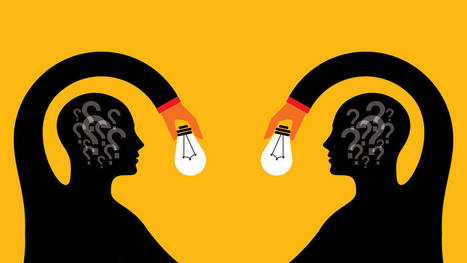As neuroscience brings greater understanding of the human brain, experts are applying those findings in the classroom to improve how we teach and learn.
In recent decades we’ve seen the rise of an emerging interdisciplinary field that brings together neuroscientists and educators. As technologies like brain mapping and scanning continue to advance our understanding of the human brain, a sub-sector of experts are applying those findings to the classroom. Instead of being based on traditional or individual assumptions about learning, education is beginning to be treated more like a science. The new discipline, neuroeducation, serves to apply the scientific method to curricula design and teaching strategies. This comes with attempts for a more objective understanding of learning that is based on evidence. What Is Neuroeducation? All human abilities, including learning, are a result of our brain activity. Hence, a better understanding of how our brains operate can result in a better understanding of learning. As we continue to unravel the issues and limitations of traditional education, many solutions involve a better scientific basis behind how we teach. The goal of neuroeducation (also known as mind and brain education or educational neuroscience) is to solidify a scientific basis in teaching and learning. The field uses the latest findings from neuroscience, psychology, and cognitive science to inform education and consequently, teaching strategies.
Via Wildcat2030, Bobbi Dunham



 Your new post is loading...
Your new post is loading...









